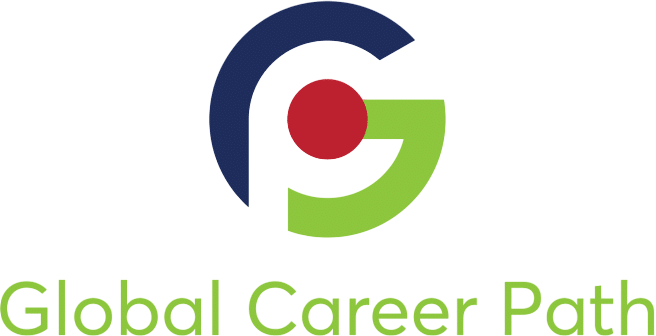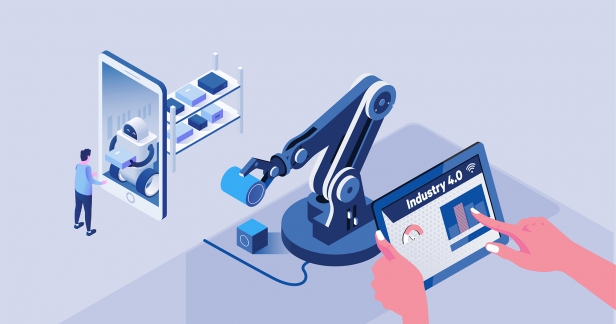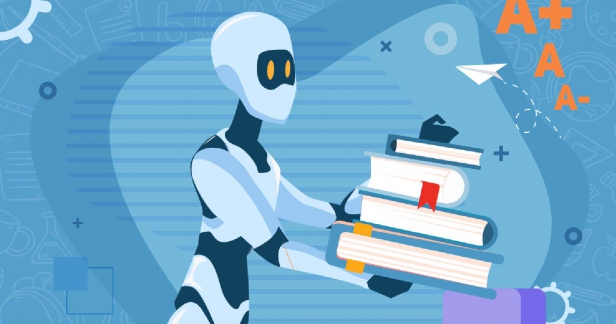The Career Orientation Pathway from Secondary School – High School – University
Career Orientation Roadmap from Lower Secondary – Upper Secondary – University
(Smart Orientation in the AI Era)
Why is Early Career Orientation Important?
According to the OECD Education at a Glance 2023 report, students who begin career orientation early (before the age of 15) are 2.3 times more likely to choose a suitable field of study and have a 20% higher rate of career satisfaction compared to those who start later.
In the AI era, as highlighted in the WEF Future of Jobs 2025 report, 44% of current skills will change within just five years. Early preparation enables students to adapt more quickly and reduces the risk of choosing the wrong major or career path.
Detailed Roadmap by Stage
Lower Secondary Stage (Ages 11–15)
🎯 Objective: Self-discovery and exploration of the world of careers
🛠 Suggested activities:
-
Take personality assessments such as Holland Test or MBTI Junior
-
Join school clubs and extracurricular activities (STEM, arts, sports)
-
Explore diverse interests: writing, programming, design, public speaking
-
💡 Skills to develop: Critical thinking, communication, teamwork, basic digital literacy
-
⚙ Supporting tools: Career simulation games, online learning platforms (Khan Academy, Code.org)
High School Stage (16–18)
🎯 Objective: Narrow down potential career fields and define academic direction
🛠 Suggested activities:
-
Participate in summer internships, scientific research projects, or student start-up initiatives
-
Use AI career tools (e.g., ChatGPT, Pymetrics) to analyze industry trends
-
Connect with mentors or alumni to gain practical insights
-
💡 Skills to develop: Self-directed learning, time management, cross-cultural communication, presentation skills
-
⚙ Supporting tools: Coursera, edX, LinkedIn Learning, career orientation workshops
University Stage (18+)
🎯 Objective: Specialization and building a strong career profile
🛠 Suggested activities:
-
Undertake internships with companies and join real-world projects alongside academic studies
-
Acquire complementary skills: data analysis, applied AI, second foreign language
-
Attend industry seminars, networking events, and professional communities
-
💡 Skills to develop: Complex problem-solving, leadership, innovation and creativity
-
⚙ Supporting tools: AI-driven labor market analytics, global job search platforms (LinkedIn, Glassdoor)
Career orientation is a journey, not a one-time decision.
Parents, students, and teachers should work together from an early stage to build a flexible pathway. As AI continues to transform the world of work, only lifelong learners will remain sustainable.






Description: